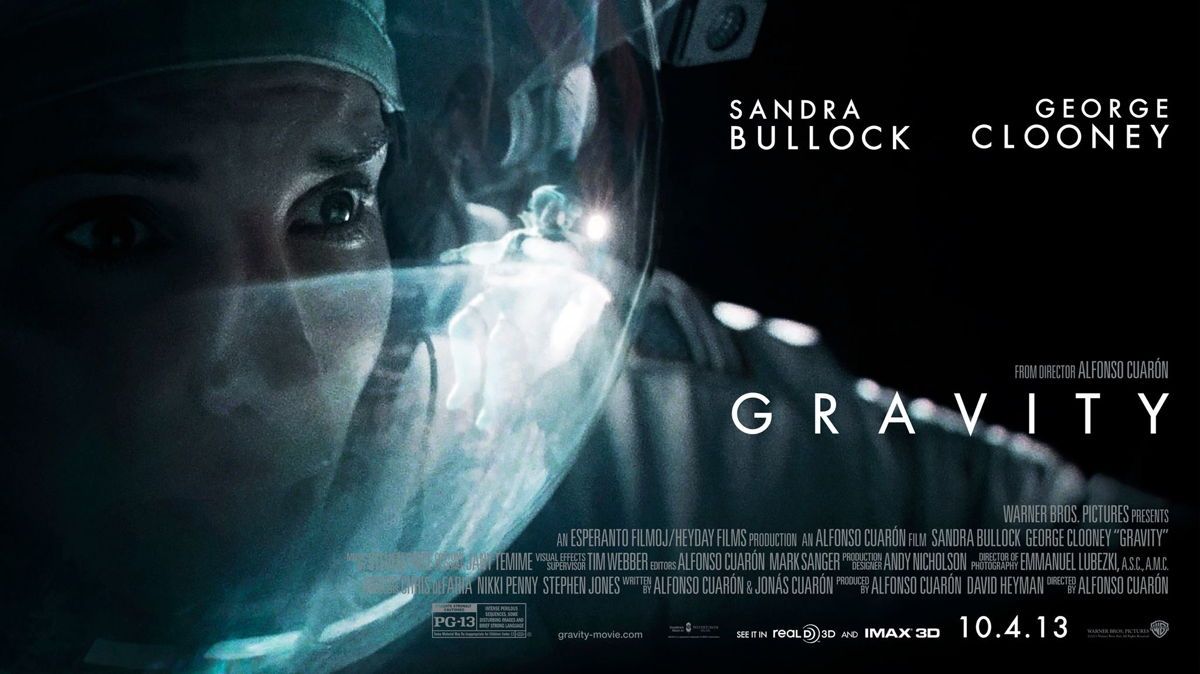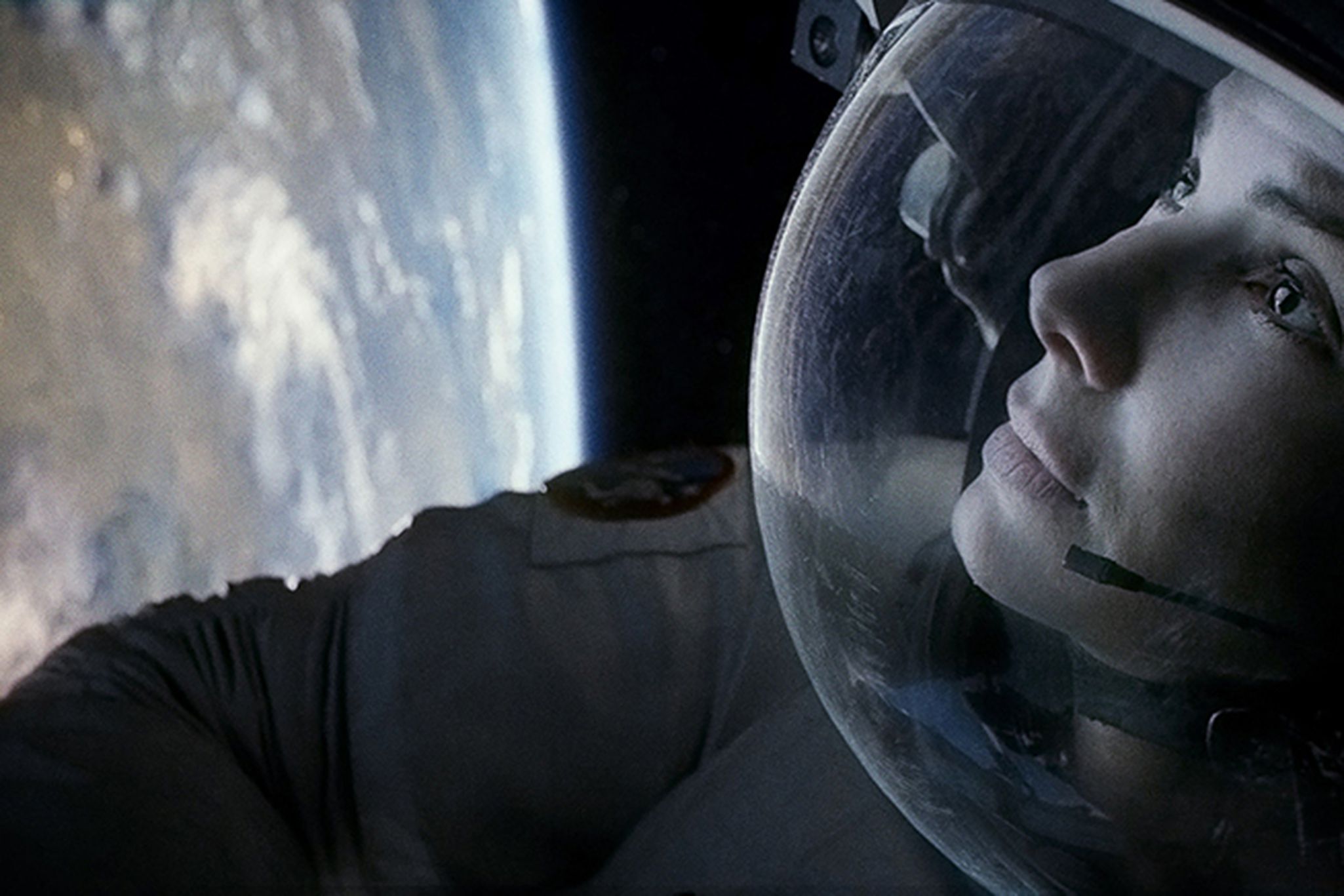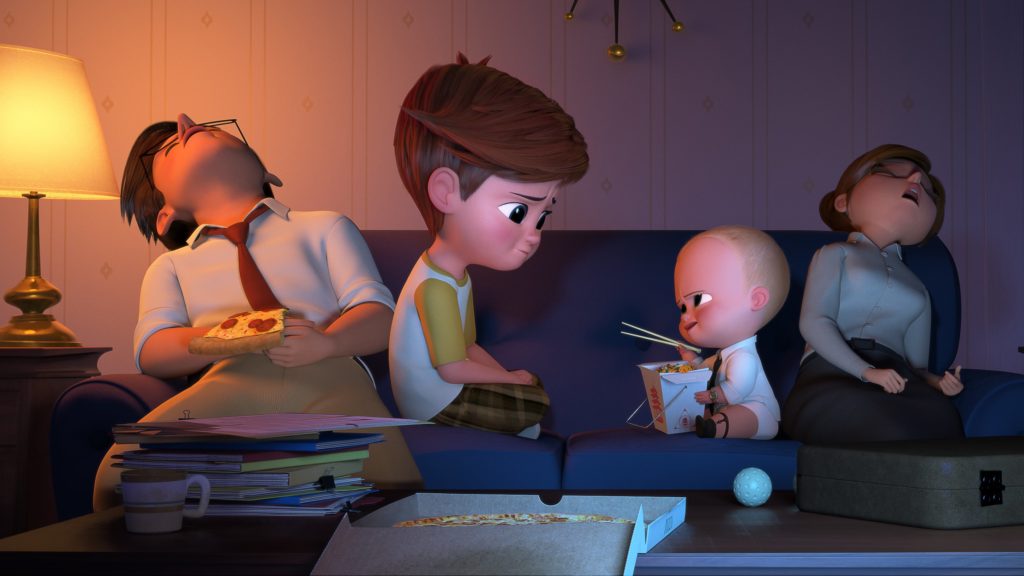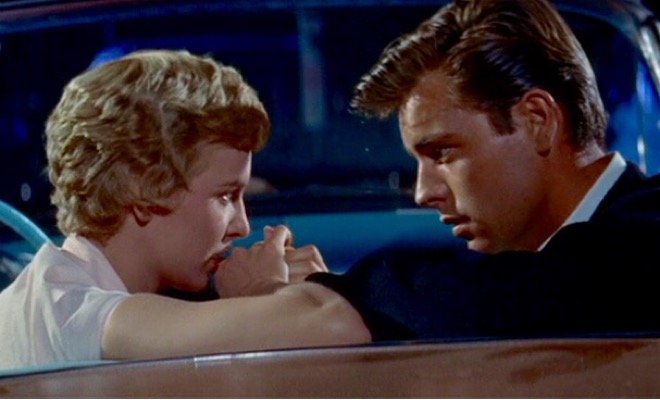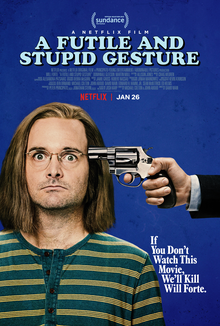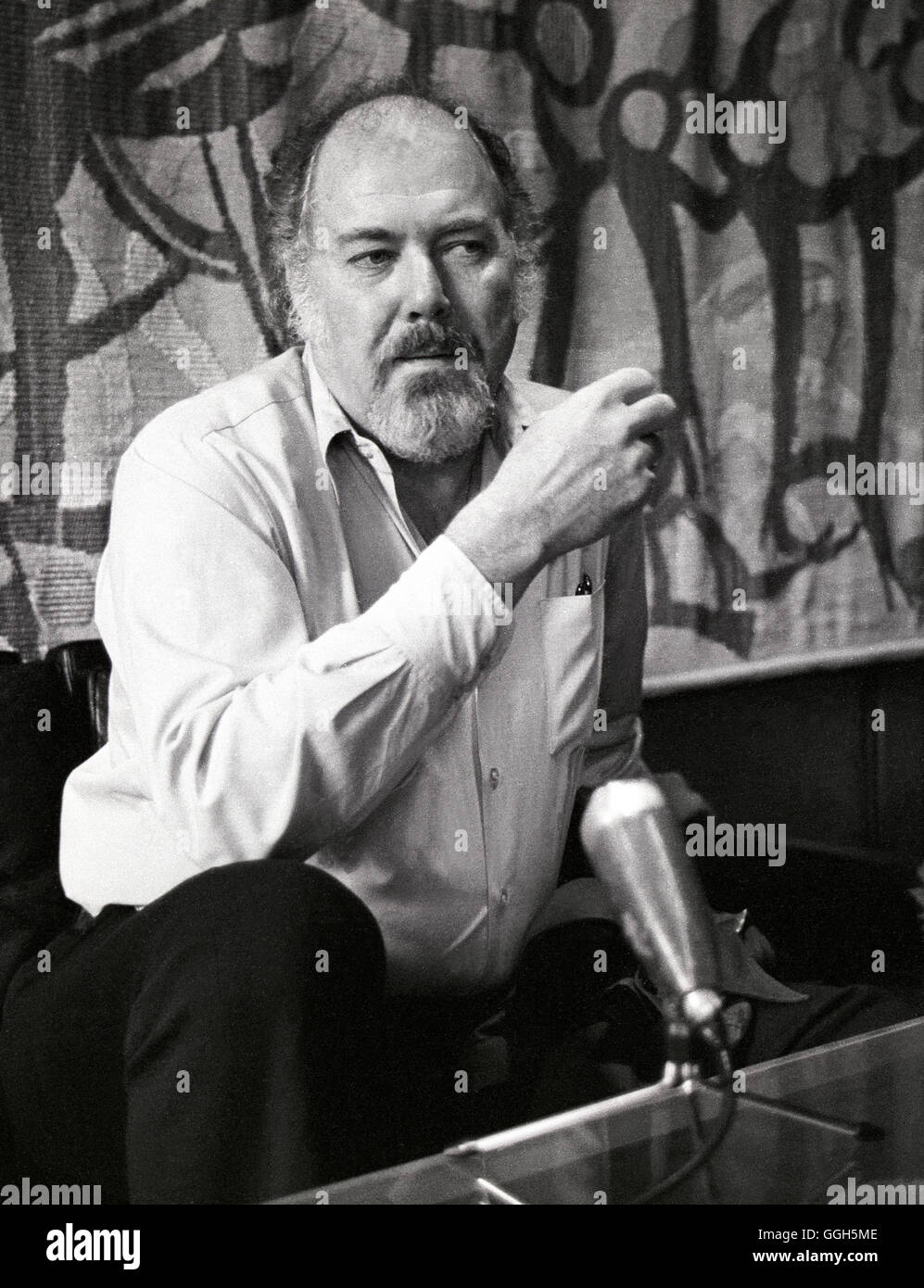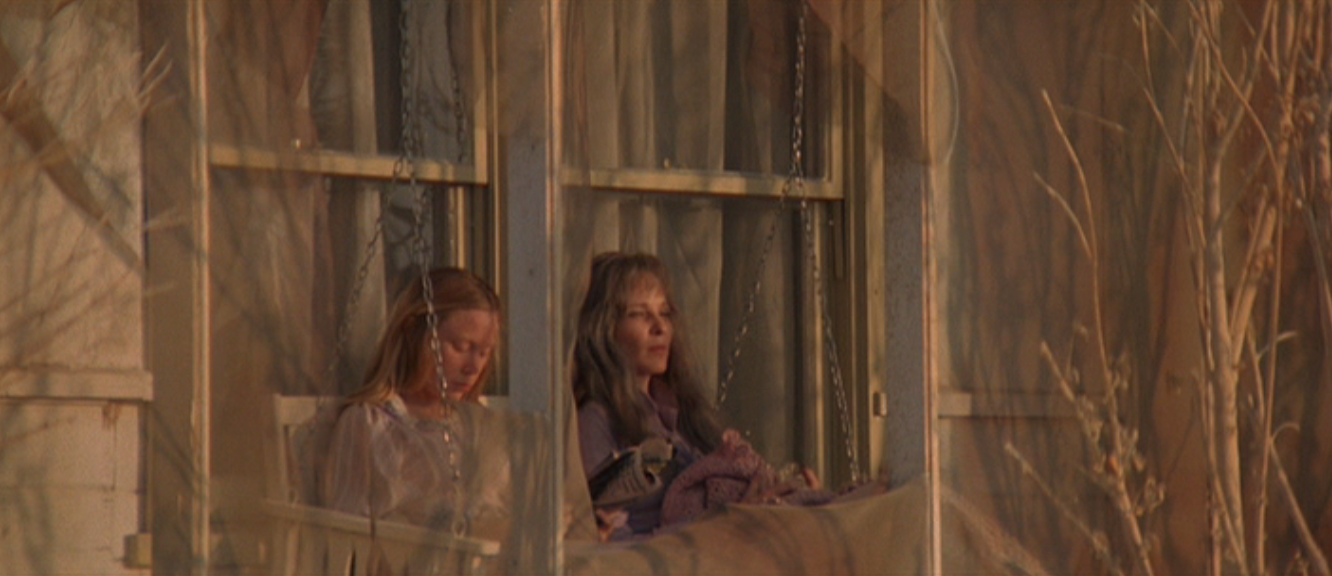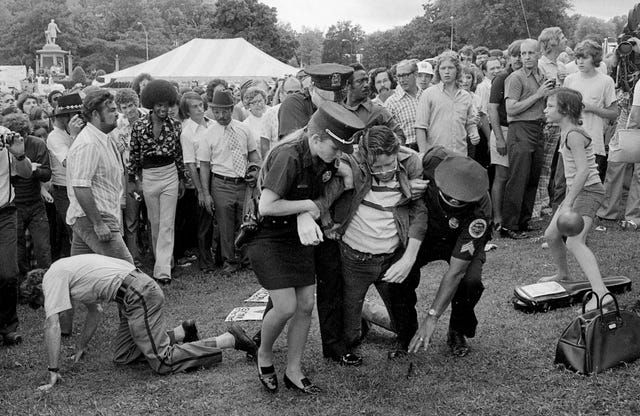The Girl on the Train
Despite a murky and confusing screenplay, the 2016 psychological drama The Girl on the Train is worth a look, thanks to some stylish directorial touches and some superb performances.

Based on a novel by Paula Hawkins, the film chronicles an alcoholic woman named Rachel who rides a commuter train every day and is obsessed with this woman she sees standing on the balcony of her house, located a couple of hundred yards from the tracks. It is soon revealed that Rachel's obsession is named Megan and works as a nanny for Anna, who is married to Rachel's ex-husband Tom. One day, while passing Megan's house, she sees Megan kissing someone other than her husband and shortly afterwards, Megan turns up missing.

Not sure what screenwriter Erica Cressida Wilson did to Hawkins' book, but the story presented here confuses and defies logic at every turn. Wilson's version of the story carefully sets up Rachel's alcoholism, which results in blackouts and her losing time. We are then treated to numerous flashbacks and flash forwards in Rachel's mind, making the viewer think that Rachel is responsible for what happened to Megan and just doesn't remember. Then near the beginning of the final act, the screenplay does a complete 180 rendering everything we've seen up to that point senseless and degenerating into some heavy handed melodrama that makes the final act a little hard to take.

Director Tate Taylor (The Help, Ma) does show some real style with the camera though that gives the story a little more substance than it deserves. His camera work definitely has some Hitchcock and De Palma influence to it, motivating complete attention from the viewer, thinking that we're going to get answers to questions that we never really do.

Tate also manages to deliver some first rate performances from his cast, especially Emily Blunt, effectively unhinged as Rachel and the severely underrated Justin Theroux as Tom that are actually better than this story deserves. The screenplay has its problems, but the acting is top-notch and Taylor is proving himself to be a director to watch.
Despite a murky and confusing screenplay, the 2016 psychological drama The Girl on the Train is worth a look, thanks to some stylish directorial touches and some superb performances.

Based on a novel by Paula Hawkins, the film chronicles an alcoholic woman named Rachel who rides a commuter train every day and is obsessed with this woman she sees standing on the balcony of her house, located a couple of hundred yards from the tracks. It is soon revealed that Rachel's obsession is named Megan and works as a nanny for Anna, who is married to Rachel's ex-husband Tom. One day, while passing Megan's house, she sees Megan kissing someone other than her husband and shortly afterwards, Megan turns up missing.

Not sure what screenwriter Erica Cressida Wilson did to Hawkins' book, but the story presented here confuses and defies logic at every turn. Wilson's version of the story carefully sets up Rachel's alcoholism, which results in blackouts and her losing time. We are then treated to numerous flashbacks and flash forwards in Rachel's mind, making the viewer think that Rachel is responsible for what happened to Megan and just doesn't remember. Then near the beginning of the final act, the screenplay does a complete 180 rendering everything we've seen up to that point senseless and degenerating into some heavy handed melodrama that makes the final act a little hard to take.
Director Tate Taylor (The Help, Ma) does show some real style with the camera though that gives the story a little more substance than it deserves. His camera work definitely has some Hitchcock and De Palma influence to it, motivating complete attention from the viewer, thinking that we're going to get answers to questions that we never really do.

Tate also manages to deliver some first rate performances from his cast, especially Emily Blunt, effectively unhinged as Rachel and the severely underrated Justin Theroux as Tom that are actually better than this story deserves. The screenplay has its problems, but the acting is top-notch and Taylor is proving himself to be a director to watch.
Last edited by Gideon58; 04-25-20 at 07:08 PM.




